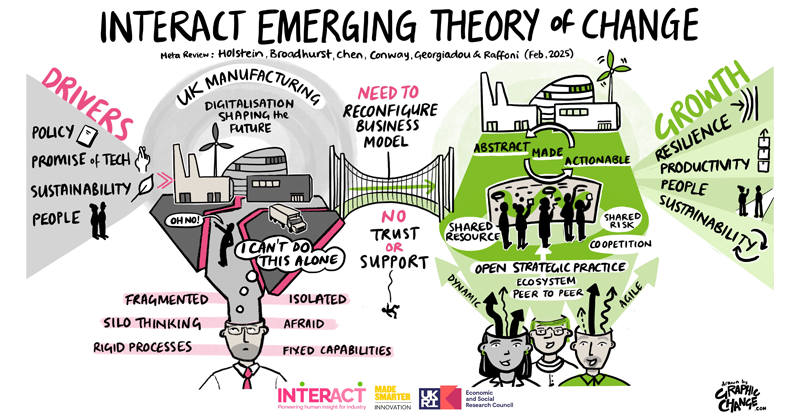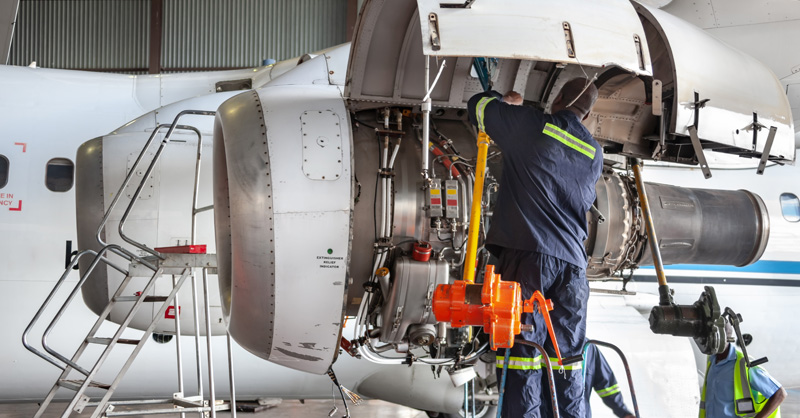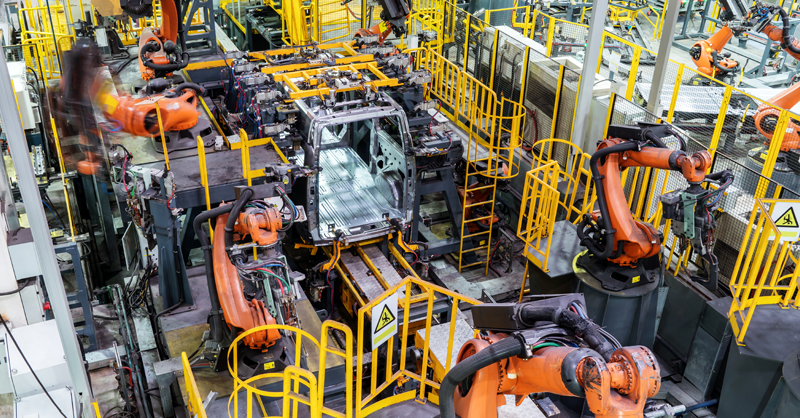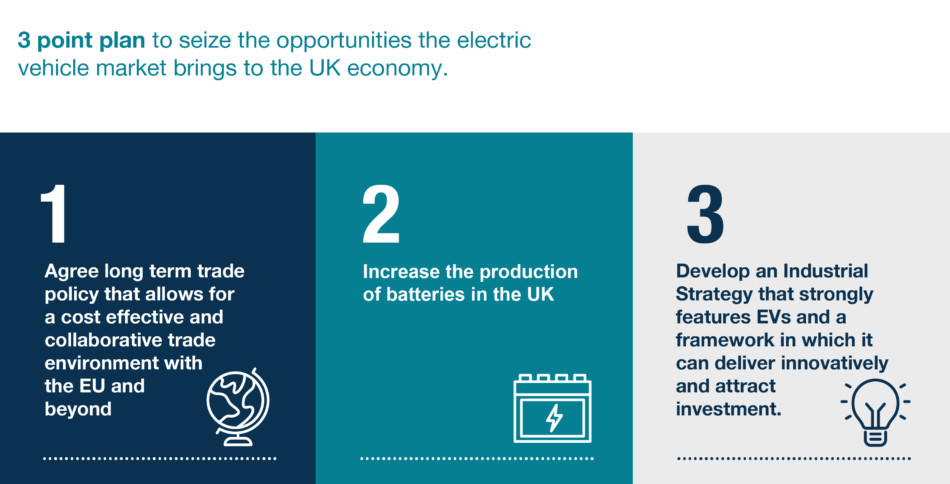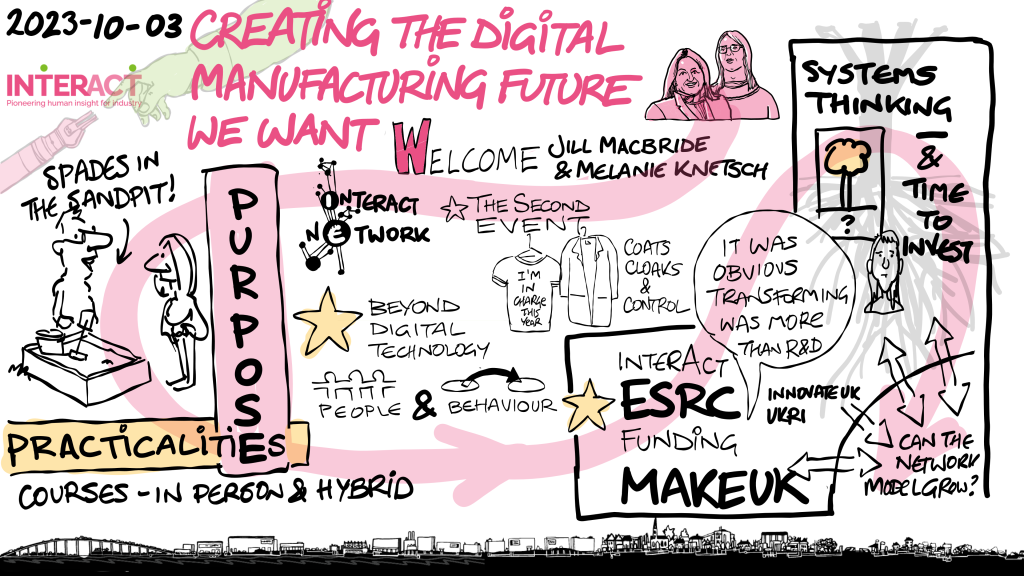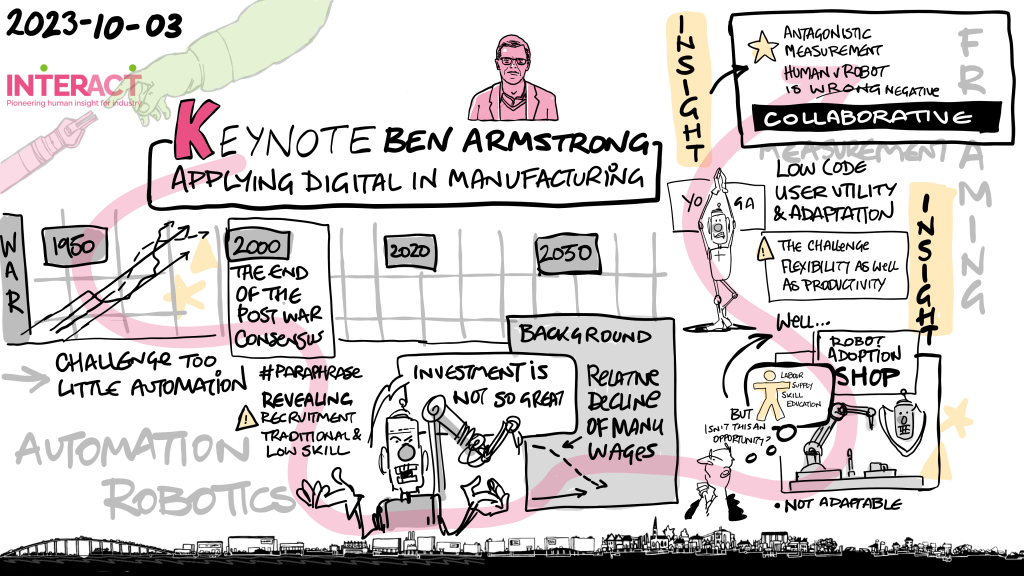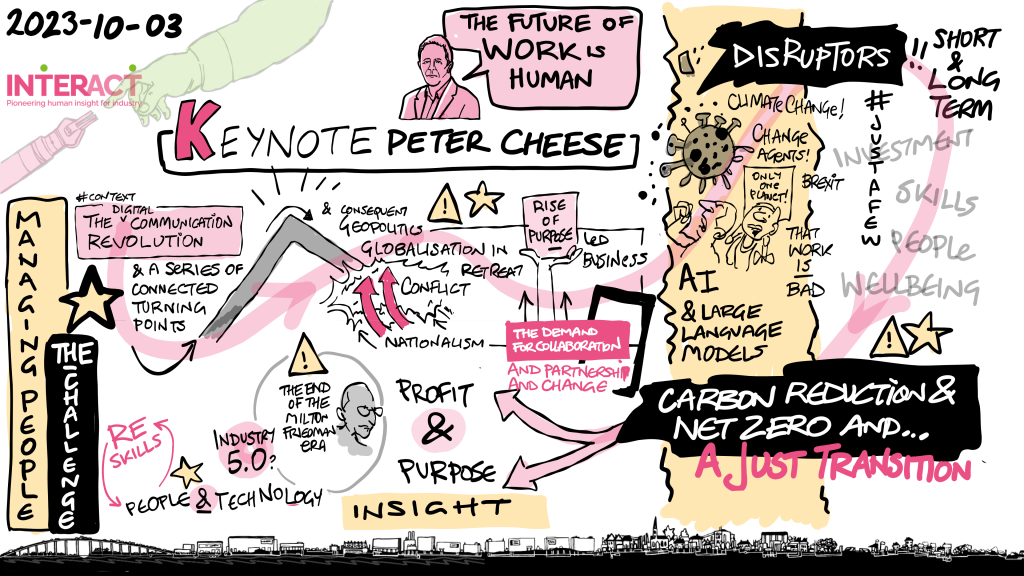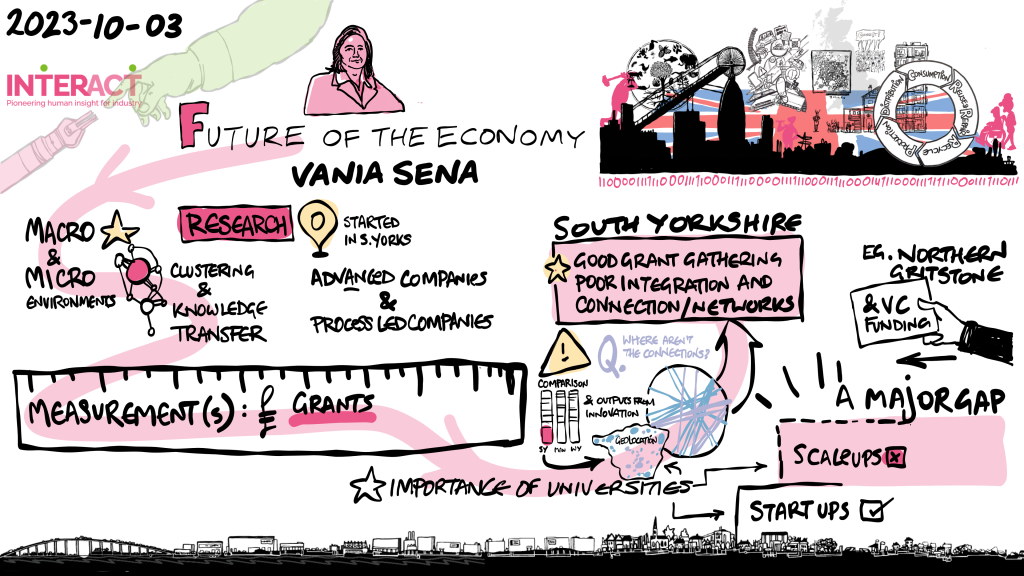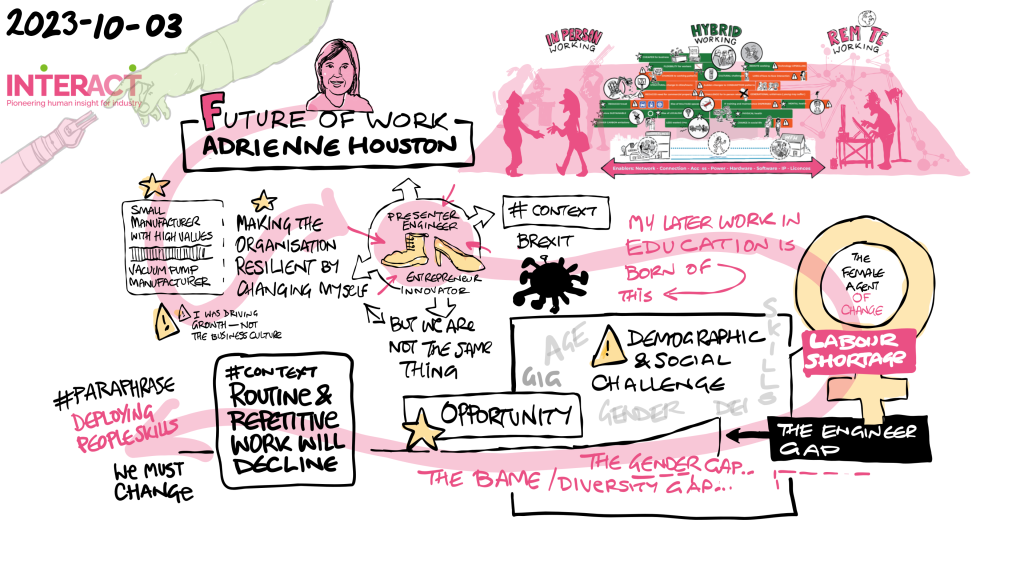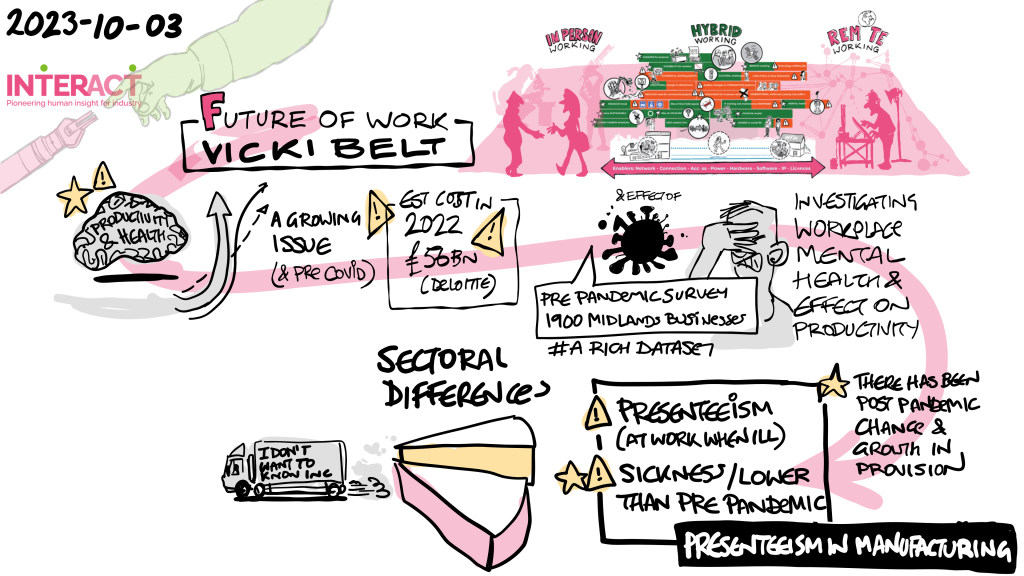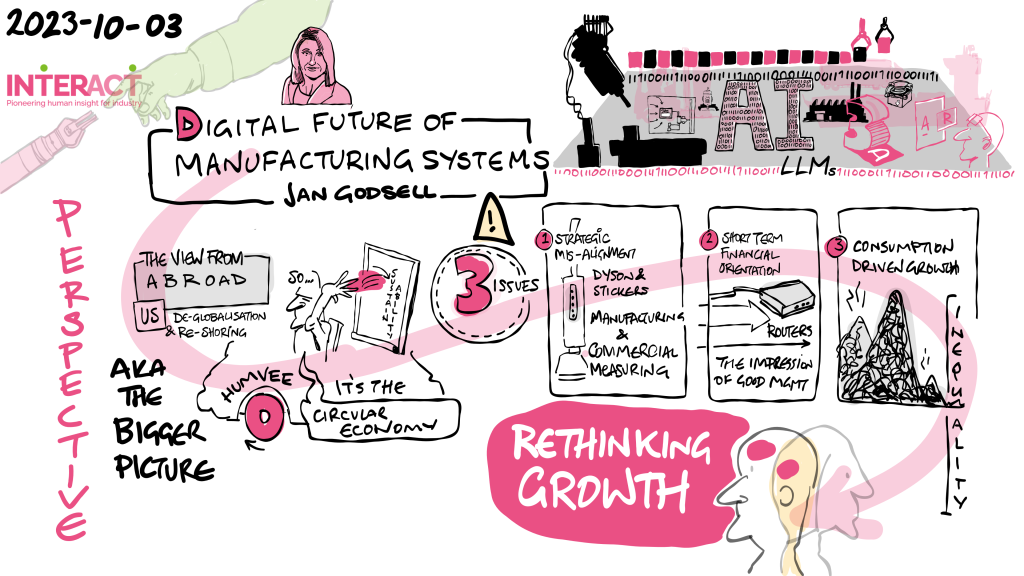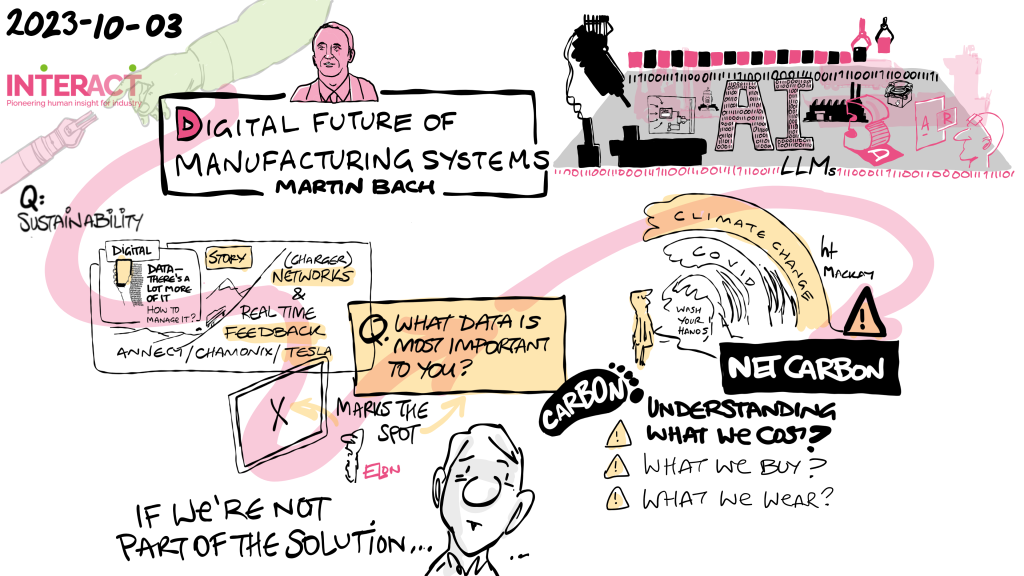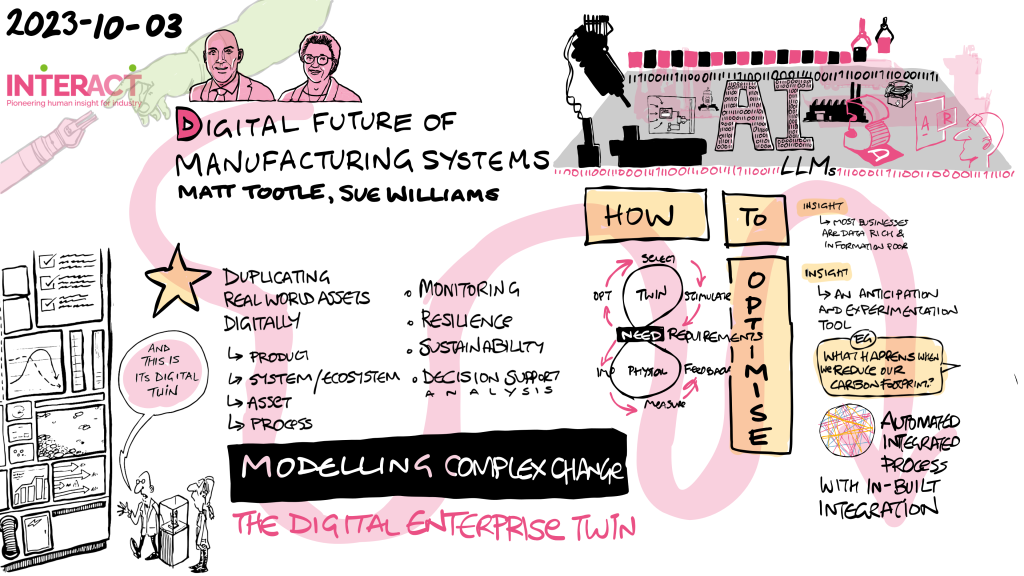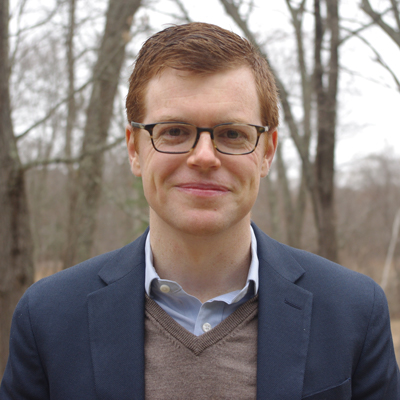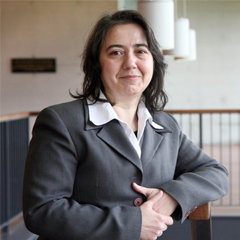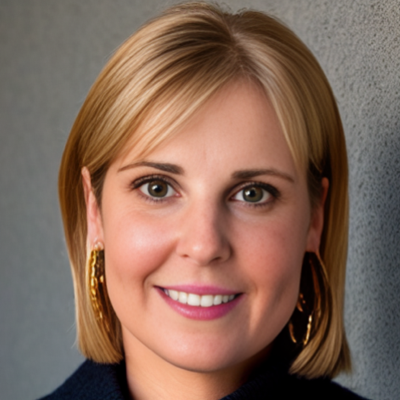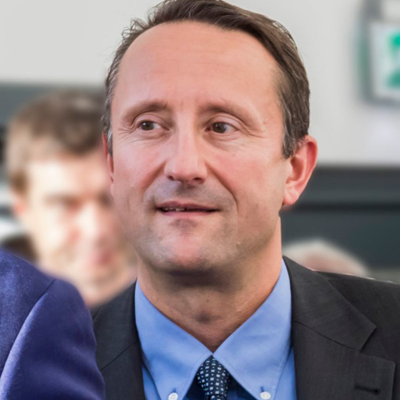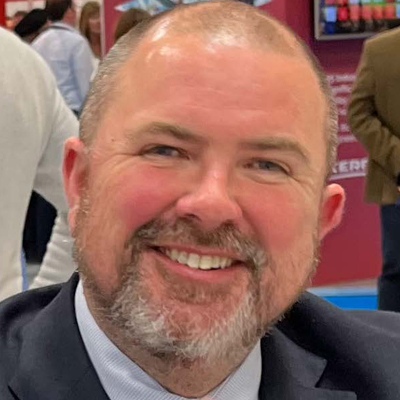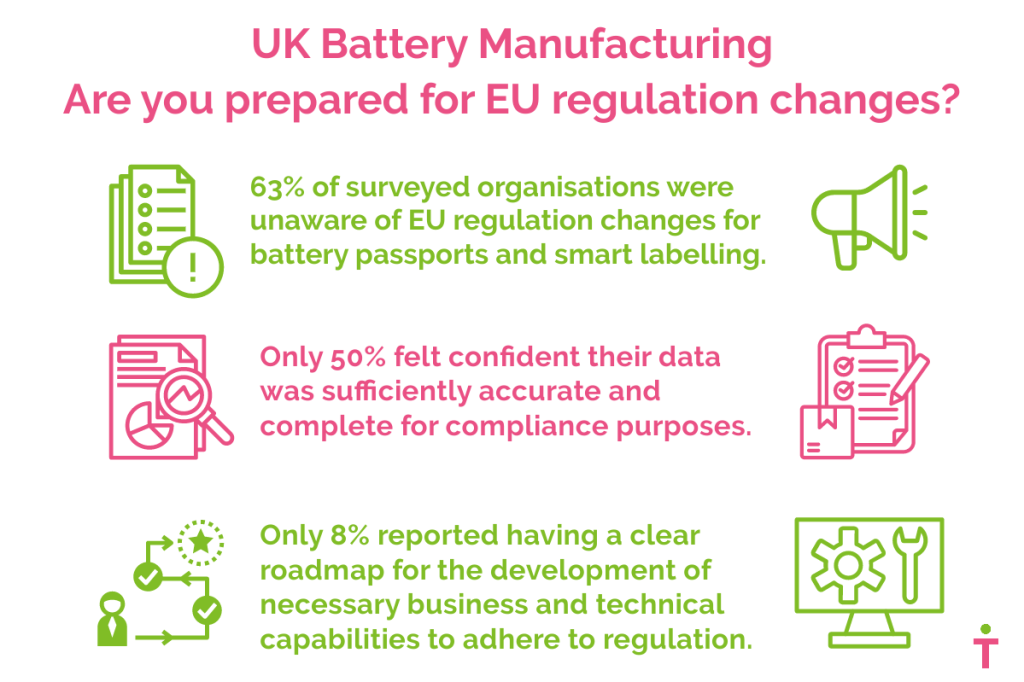Research overview
A new survey of manufacturers and technology companies has revealed the key challenges facing companies when it comes to digitalisation of supply chains. The Digital Supply Chain Hub programme has conducted its own research uncovering organisations’ attitudes towards the digital transformation of supply chains. Interviews were held with supply chain professionals in large manufacturing businesses and SMEs, as well as technology and innovation professionals developing solutions for supply chains.
It has revealed that insufficient resources are one of the most common barriers to digital transformation when it comes to supply chains. There is a growing need to upskill workforces in using new digital technologies and deep tech such as the internet of things and artificial intelligence. Enhancing efficiency and automation, building resilience against disruptions, and developing a more sustainable supply chain are key priorities for large manufacturing businesses while SMEs surveyed are slightly less likely to be prioritising supply chain digital transformation, with 14% saying they don’t currently have any supply chain top priorities.
Overall, the research shows that there is considerable appetite for digital supply chain solutions and that large businesses in particular are prioritising this crucial development.
However, talent shortages, market competition, and access to funding are most likely to be preventing technology and innovation professionals from developing and providing innovative digital supply chain solutions to UK manufacturers, with a need for further investment and robust policies to drive transformation.
The data can be explored using the interactive graphs, examining differences in views from large manufacturers when compared to SMEs. Regional variations in supply chain challenges can also be examined.
Take the next step and connect to a community of supply chain experts, tools, and resources with the Digital Supply Chain Hub.
Building on the research and business engagement of the programme, the Digital Supply Chain Hub platform has been designed to facilitate strategic collaboration between manufacturers and digital solution providers. The platform will meet industry demand to accelerate the digitalisation of supply chain operations, driving resilience and sustainability through the application of deep tech solutions.
The hub is accessible to businesses of all sizes and can help tackle problems often encountered during the search for a suitable supply chain partner. The platform provides matching capabilities to connect companies with the right partners for their specific needs. The hub also offers educational courses to address key skills gaps and provides tools for companies to assess their current supply chain resilience and data readiness.

